

Publications Regarding Israel at War | Surveys
Articles

Israelis Divided on Participation in a Potential US Attack on Iran
Written By: Prof. Tamar Hermann, Dr. Lior Yohanani, Yaron Kaplan, Inna Orly Sapozhnikova
44% of the total sample supports direct military involvement in a potential US attack on Iran while 50% support participating only if Israel is attacked by Iran. The largest share (49%) think that Israel’s security will be harmed by reduced military aid from the US, down to zero, while 39.5% think it will not be harmed. Rise in optimism for the future of all four topics: democratic rule, national security, economy, and social cohesion.

Stay or Go? A Mapping of the Views and Considerations of Israelis in Relation to Moving Abroad
Written By: Dr. Lior Yohanani, Prof. Tamar Hermann, Inna Orly Sapozhnikova, Yaron Kaplan, Maxim Kaplan
The following is a summary of the key findings of IDI research on Israelis who express a desire to move abroad, including a sociodemographic profile, considerations and purpose of wanting to leave, and additional analysis. The research is based on a survey of a representative sample of Israeli adults, including 720 Jews and 187 Arabs. The data were collected April 6-17, 2025 by CI Marketing and Research.

Israelis Think US Administration Has Greater Influence on Israel's Security Decisions Than Israeli Government
Written By: Prof. Tamar Hermann, Dr. Lior Yohanani, Yaron Kaplan, Inna Orly Sapozhnikova
The largest share of respondents think that the United States has the greater influence on security decisions relating to Israel—almost double the share of those who think that the reins of security are in the hands of the Israeli government. The majority of Israelis think that Israel’s security is one of US President Trump’s central considerations.

Two Years since Oct. 7: Majority of Israelis say the Time Has Come to End the War
Written By: Prof. Tamar Hermann, Dr. Lior Yohanani, Yaron Kaplan, Inna Orly Sapozhnikova
A special survey released as Israel prepares to mark two years since the start of the war on October 7, 2023 finds: 66% of Israelis say the time has come to end the war in Gaza – up 13 percentage points since this time last year. The top reason Israelis say the war should end is the endangerment of the hostages, among both Jews (50.5%) and Arabs (34.5%). 64% of Israelis think Netanyahu should take responsibility for Oct. 7 and resign, either now (45%) or after the war (19%).

Even on the Right, Largest Share of Israelis Support Hostage Deal That Includes Full Withdrawal from Gaza
Written By: Prof. Tamar Hermann, Dr. Lior Yohanani, Yaron Kaplan, Inna Orly Sapozhnikova
About two-thirds of the public support a deal that would include the release of all the hostages in exchange for the cessation of hostilities and the withdrawal of the IDF from all of the Gaza Strip. A majority of Jewish and Arab Israelis oppose Jewish settlement in Gaza. Around one-third of the general public think that Israeli society will be able to bear the burden of prolonged fighting for only a few more months.

Large Majority of Jewish Israelis: Israel Making Substantial Efforts to Avoid Palestinian Suffering; Majority of Arab Israelis Disagree
Written By: Prof. Tamar Hermann, Dr. Lior Yohanani, Yaron Kaplan, Inna Orly Sapozhnikova
78% of Jewish Israelis and 22.5% of Arab Israelis think that, given the circumstances of the fighting in Gaza, Israel is making efforts to avoid causing suffering to the Palestinian population there. Nearly half of the Israeli public thinks that the security forces and enforcement agencies are too lenient in their responses to violence by groups of settlers against both the IDF and Palestinians.

58% of Jewish Israelis; 71% of Arab Israelis think Israel's Security is a Key Consideration for President Trump
Written By: Prof. Tamar Hermann, Dr. Lior Yohanani, Yaron Kaplan, Inna Orly Sapozhnikova
58% of Jews and 71% of Arabs think Israel's security is a key consideration for President Trump. A majority of Jews (60%) think that Israel has achieved most or all of its goals, while only 37% of Arabs concur. A plurality of Jews are optimistic that a deal to end the war in Gaza will be reached soon (50%) and that there is a high likelihood of a regional peace process beginning (48%). Among Arabs, a plurality think there is a LOW likelihood of both scenarios (49% Gaza / 45% regional peace process).

Less Than Half of the Israeli Public Trust Prime Minister Netanyahu (Jews: 46% / Arabs: 10% / Overall: 40%)*
Written By: Prof. Tamar Hermann, Dr. Lior Yohanani, Yaron Kaplan, Inna Orly Sapozhnikova
Prime Minister Netanyahu received a trust rating of 46% among Jewish Israelis and 10% among Arab Israelis (total sample: 40%). The official with the highest trust rating among Jewish Israelis (and therefore the total sample) was IDF Chief of Staff Eyal Zamir, at 68.5%. There were low levels of trust among Arab Israelis across all officials, though Mossad Director David Barnea received the highest rating, at 36%.

Flash Survey: 70% of Israelis Support the Decision to Attack Iran | Segmentation Shows Strong Support Among Jewish Israelis (82%) While Most Arab Israelis Oppose the Operation (65%)
Written By: Prof. Tamar Hermann, Dr. Lior Yohanani, Yaron Kaplan, Inna Orly Sapozhnikova
82% of the Jewish public supports Israel’s attack on Iran and the timing of the attack. 65% of the Arab public opposes both the attack and the chosen timing. Some two-thirds of the Jewish public believe that Prime Minister Netanyahu’s motives for launching an attack at this time were mainly objective and security-related. Two-thirds of the Arab public think that his motives were mainly subjective and political.

Israelis Unsure Current Military Operation Will Bring the Hostages Home or Topple Hamas
Written By: Prof. Tamar Hermann, Dr. Lior Yohanani, Yaron Kaplan, Inna Orly Sapozhnikova
48% of Jews do not think that the operation will lead to the return of the hostages, and 50% of Arab Israelis share this assessment. 50% of Jews also do not think that the operation will lead to an end of Hamas’s rule. Among Arabs, 41% do not believe that the operation will result in the defeat of Hamas.

Israelis Divided on How to Handle the Iran Nuclear Program
Written By: Prof. Tamar Hermann, Dr. Lior Yohanani, Yaron Kaplan, Inna Orly Sapozhnikova
62.5% of Jewish Israelis are pessimistic that a deal for the release of all the hostages will be reached soon; a larger share of Israelis (45%) think that Israel should strike Iran’s nuclear facilities even without American backing; As we approach Israel’s 77th Independence Day, 48% of Israelis think Israel has had more successes than failures throughout the years.

Large and Increasing Majority of Israelis Prioritize Bringing Hostages Home Over Toppling Hamas
Written By: Prof. Tamar Hermann, Dr. Lior Yohanani, Yaron Kaplan, Inna Orly Sapozhnikova
Prioritization of the hostages has been increasing steadily over time, with 68% prioritizing the hostages and 25% prioritizing toppling Hamas in the current survey; 49% of Israelis do not think achieving both war goals simultaneously is possible. A majority of Israelis, (56.5%), say the government should obey the Supreme Court decision on Ronen Bar's dismissal.

Majority of Israelis Think PM Netanyahu Should Accept Responsibility for Oct 7 and Resign – Now or After the War
Written By: Prof. Tamar Hermann, Dr. Lior Yohanani, Yaron Kaplan, Inna Orly Sapozhnikova
Around half of Israelis think that it's unlikely that President Trump will turn away from Israel, if he thinks its policies are not aligned with US interests, while close to 40% think chances are fairly high or high; 73% of the total sample support continuing with the second stage of the hostage agreement and securing the release of all the hostages.

A Large Majority of Israelis Support Proceeding to the Second Stage of the Ceasefire Agreement
Written By: Prof. Tamar Hermann, Dr. Lior Yohanani, Yaron Kaplan, Inna Orly Sapozhnikova
More Israelis (43%) think Hamas' interests have been served better in the first stage of the ceasefire agreement than Israel's (21%); however, a majority still supports proceeding to the next stage (70%) if the first stage is completed as agreed; a vast majority of Israelis (72.5%) think the ceasefire agreement was achieved thanks to President Trump's intervention.

Majority of Israelis Support a Deal to Release All Hostages and End the War
Written By: Prof. Tamar Hermann, Dr. Lior Yohanani, Yaron Kaplan, Inna Orly Sapozhnikova
A majority of Israelis (57.5%) support a comprehensive deal for the release of all the hostages in return for an end to the war in Gaza; Most Israelis think the current situation in Syria serves Israeli interest (52.5%); 68% of all Israelis, as well as 60% of Likud voters, are opposed to a law exempting Haredim from military service, even if this would mean a dissolution of the Knesset and new elections.

Reserve Duty During the Iron Swords War by Religious Self-Definition
Written By: Dr. Ariel Finkelstein, Nadav Porat Hirsh
This study presents a survey of the distribution of reserve duty among the various religious groupings within the Jewish population, along with more in-depth analysis regarding the age and gender of reservists.

IDI Releases New Survey Findings on Haredim; Convenes Haredi & Arab Leaders to Advance Shared Society
Written By: Israel Democracy Institute
The Israel Democracy Institute’s Joan and Irwin Jacobs Center for Shared Society convened its annual conference to discuss key issues of shared society.

Israelis Divided on Whether Netanyahu Can Fully Function as Wartime Prime Minister While Testifying on Trial
Written By: Prof. Tamar Hermann, Dr. Lior Yohanani, Yaron Kaplan, Inna Orly Sapozhnikova
48% of Israelis think PM Netanyahu cannot fully function as a wartime prime minister while testifying on trial, a large majority of Israelis think Trump will prioritize Israel's security, and a clear majority (61%) think the main reason behind the ICC's decision to issue arrest warrants is the Court's longstanding anti-Israel bias.

High Levels of Trust in IDF More than One Year Into the War, Except Among Ultra-Orthodox and Arab Israelis
Written By: Viterbi Family Center for Public Opinion and Policy Research, Center for Security and Democracy
A special survey assessing public opinion on matters of national security, presented at IDI's annual conference on Security and Democracy. The survey found support for a mandatory draft, and significant economic penalties for those who do not serve.

Deep Divisions Between Israelis on a Diplomatic Agreement with Hezbollah; On a Hostage Deal with Hamas
Written By: Prof. Tamar Hermann, Dr. Lior Yohanani, Yaron Kaplan, Inna Orly Sapozhnikova
Israelis are deeply divided on how to move forward in the conflict in Lebanon. While 54% of Jewish Israelis support continued fighting against Hezbollah, 88% of Arab Israelis are in favor of pursuing a diplomatic solution.

One Year of War - Public Opinion in Israel at the One Year Anniversary of the War in Gaza
Written By: Prof. Tamar Hermann, Dr. Lior Yohanani, Yaron Kaplan
A public opinion survey marking the first anniversary of the October 7th attacks and one year into the "Iron Swords" war.

'Northern Arrows' Special Survey: Overwhelming Support for the Lebanon Offensive; Jews and Arabs Split
Written By: Prof. Tamar Hermann, Dr. Lior Yohanani, Yaron Kaplan
Jewish Israelis are broadly united (90%) in their belief that launching an in-depth offensive against Hezbollah is the correct move, while the largest share of Arab Israelis (47%) think it was not. A large majority of Israelis, over 70%, think both the IDF and Israel's civilian population would be able to withstand an extended war on two or more fronts.

Israelis Split on Motivations for Holding the Philadelphi Corridor
Written By: Prof. Tamar Hermann, Dr. Lior Yohanani, Yaron Kaplan
Israelis are divided on the question of the main reasons for Netanyahu's demand that Israel continues to control the Philadelphi Corridor. While over half of the Jewish respondents (58.5%) think this decision is based on military and strategic considerations, 66.5% of Arab-Israeli respondents thing it is due to political reasons.

Across Political Orientations; Jewish and Arab Israelis Have Negative Feelings Toward the Government
Written By: Prof. Tamar Hermann, Dr. Lior Yohanani, Yaron Kaplan
Across the Left, Right and Center, rates of Jewish Israelis who say the feel "anger," "disappointment" or "frustration" are considerably higher than those expressing satisfaction, pride, or trust. A large majority of Israelis (70%) support the establishment of an inquiry into the events of Oct. 7th, but do not agree on the timing of such an inquiry.

Most Israelis Support Deal to Release All Hostages and End the War in Gaza; Israelis Divided on How to Handle the Northern Front
Written By: Prof. Tamar Hermann, Dr. Lior Yohanani, Yaron Kaplan
Across the total sample, 56% of Israelis support a deal to release all the hostages and end the war in Gaza; 29.5% support a deal to release some hostages in exchange for a temporary ceasefire; 14.5% don't know.

Netanyahu Government Gets Low Grades Across Various Wartime Issues
Written By: Prof. Tamar Hermann, Dr. Lior Yohanani, Yaron Kaplan
Across the issues of US-relations, the war in Gaza, evacuees from the south and the north, fighting Hezbollah, and public diplomacy efforts abroad—both Jewish and Arab Israelis give the government low grades.

A Majority of Jewish Israelis See a Hostage Deal as a Higher National Priority Than Military Action in Rafah
Written By: Prof. Tamar Hermann, Dr. Lior Yohanani, Yaron Kaplan
The majority of the Jewish public (56%) think that securing a deal for the release of the hostages is the highest priority; a higher share of Jewish respondents think Trump would be better for Israel as US president; most Israelis think that celebrations of Israel's 76th Independence Day should be more restrained and less prominent this year.

Israelis say the time has come for those responsible for October 7 to step down
Written By: Prof. Tamar Hermann, Dr. Lior Yohanani, Yaron Kaplan
After more than six months of war, we found that among both Jewish (58%) and Arab Israelis (81%) there is widespread agreement that now that the majority of Israeli forces have left the Gaza Strip, the time has come for those who were responsible for the failure of October 7 to resign from their positions.
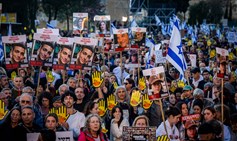
Across the Political Spectrum, Only a Minority of Israelis Think the Government will Survive to the End of its Term
Written By: Prof. Tamar Hermann, Dr. Lior Yohanani, Yaron Kaplan
Slightly more than half of Jewish respondents think that the government is doing all it can to bring the hostages home; only a minority of Arabs concur. Only a minority of Israelis think the government will complete its four-year term and a majority of Israelis think that Hamas has succeeded in refocusing international attention on the Palestinian problem.
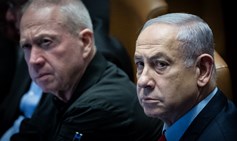
Majority of Israelis give low ratings to Prime Minister Netanyahu; high ratings to IDF Chief of Staff
Written By: Prof. Tamar Hermann, Yaron Kaplan, Dr. Lior Yohanani
The majority of Israelis gave Prime Minister Netanyahu low ratings (57%), while IDF Chief of Staff Herzi Halevi topped the rankings of positive performance (48%). More than two-thirds of Israelis think we are on the verge of an all-out-war with Hezbollah – 69%.
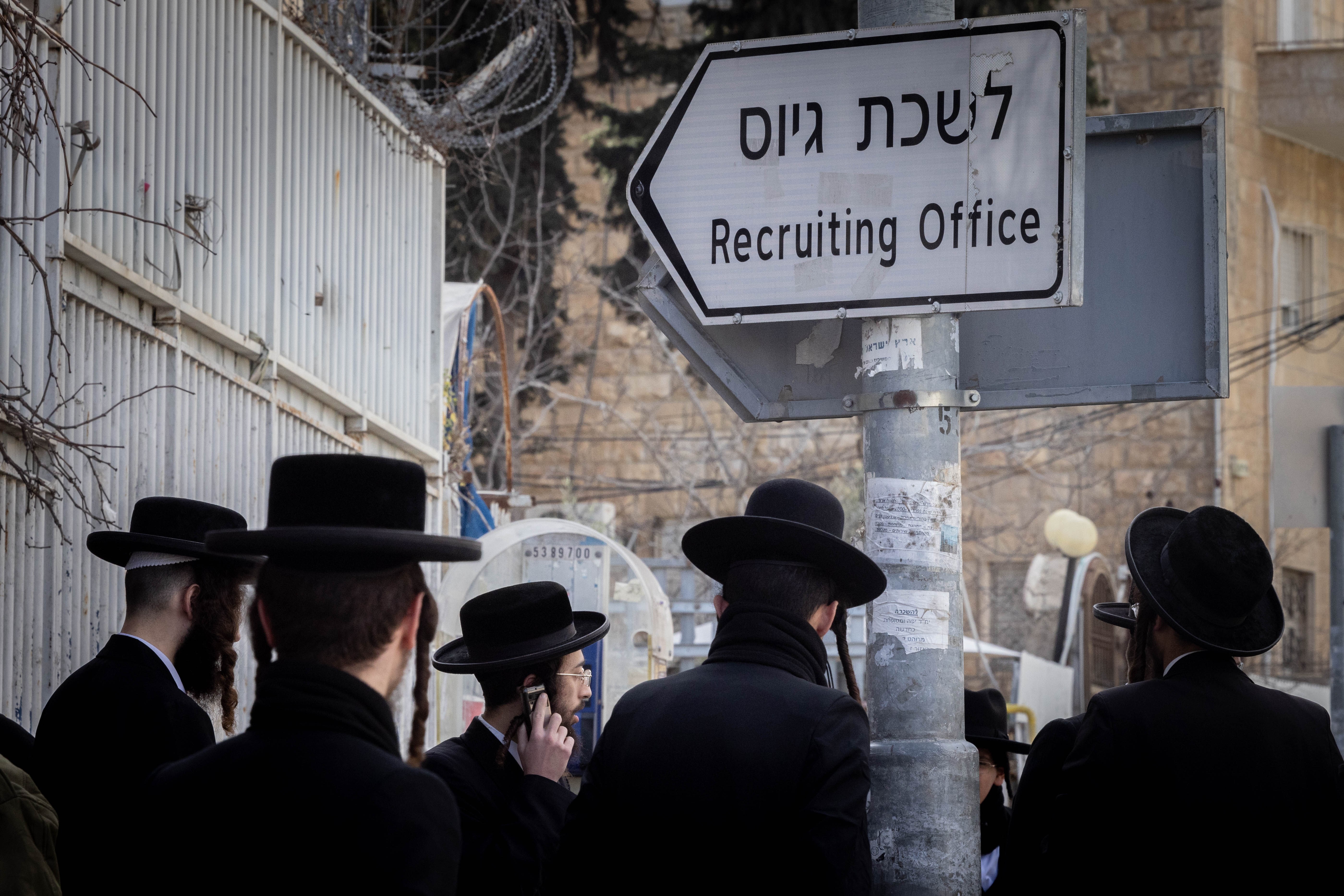
Large Majority of Jewish Israelis Want Changes to the Conscription Law
Written By: Prof. Tamar Hermann, Yaron Kaplan
Most Israelis would like to see the exemption given to the Haredi community changed; when asked whether the Israel can continue relying on the US's support, public opinion was divided, with an inclination toward continued reliance; around half of Israelis think Israel's standing in the international arena is not good.
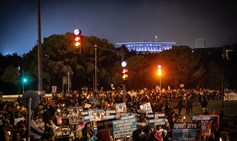
Most Israelis: an "Absolute Victory" to the War is Unlikely
Written By: Prof. Tamar Hermann, Yaron Kaplan
Most Israelis think Palestinian terrorism will remain the same or increase if a Palestinian state were declared. A vast majority (81%) of Israelis think the likelihood of reform in the Palestinian Authority is low, while a majority of Israelis think absolute victory in Gaza is unlikely.
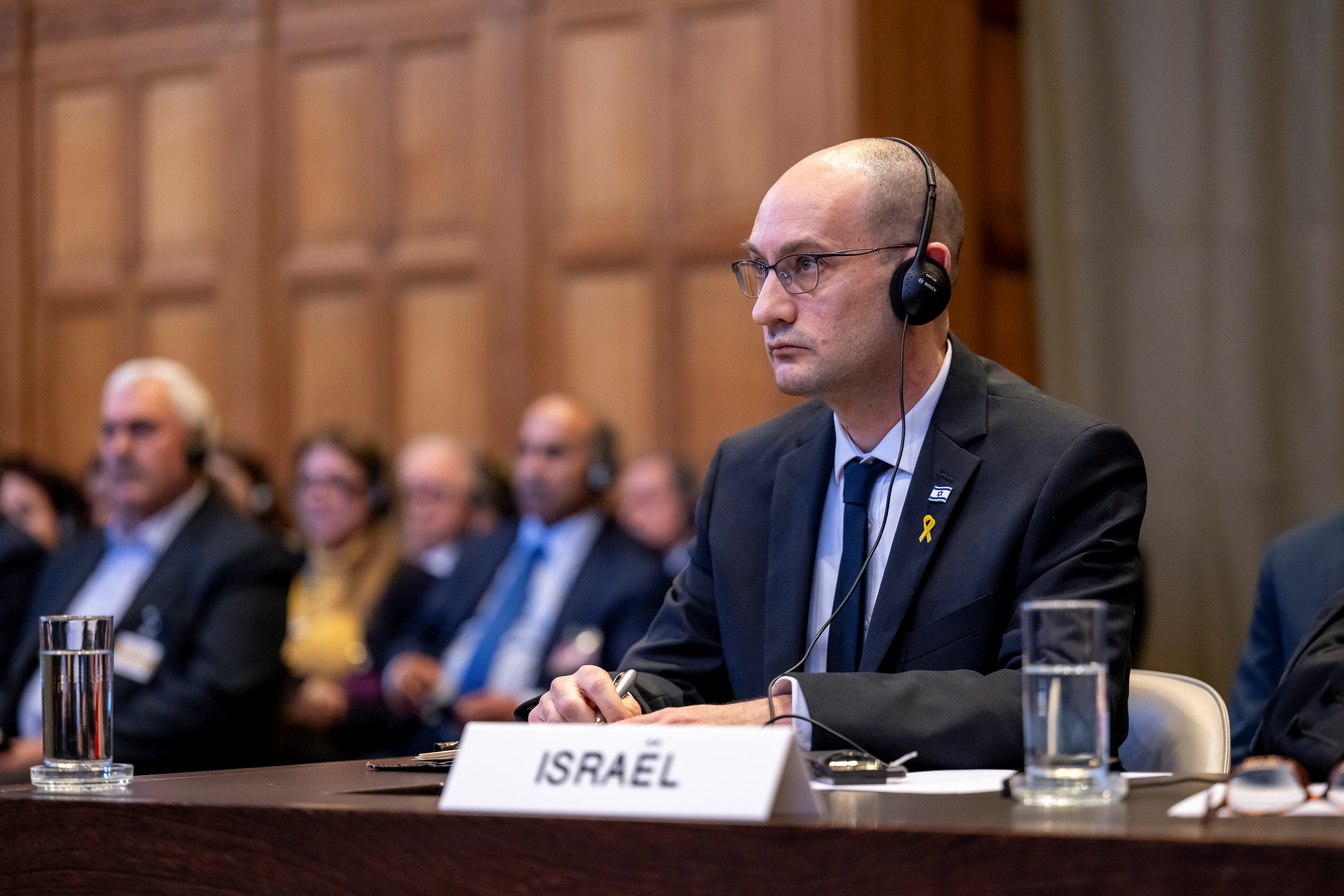
A Large Majority of Israelis Want Early Elections
Written By: Prof. Tamar Hermann, Dr. Or Anabi
59% of Jewish Israelis oppose a deal that would lead to the establishment of a Palestinian state with guarantees from the US and peace agreements with Arab states such as Saudi Arabia; when asked to choose, 51% of Israelis said they think the main goal of the war should be bringing the hostages home and 36% think it should be toppling Hamas; half of Israelis think the ICJ ruling, issuing temporary measures, to be harsh.
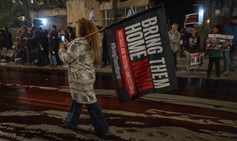
Most Israelis Oppose a Hostage Deal in Exchange for a Halt in Fighting and Releasing all Palestinian Prisoners
Written By: Prof. Tamar Hermann, Dr. Or Anabi
Most Jewish Israelis expect the war to continue for months, while a majority of Jewish respondents oppose a deal for the release of the hostages in return for the release of all Palestinian prisoners and a cessation of the fighting in Gaza. Meanwhile, over 60% of Israelis claim that their personal lives have returned to normal.

Israeli Public Is Concerned Over Budget Priorities as the War Continues
Written By: Daphna Aviram-Nitzan, Prof. Karnit Flug, Roe Kenneth Portal
This survey was conducted in order to assess public opinion regarding the preferred economic policy in light of the war in Gaza, to identify the main areas of concern to the public, and to examine the public’s views on various social issues.
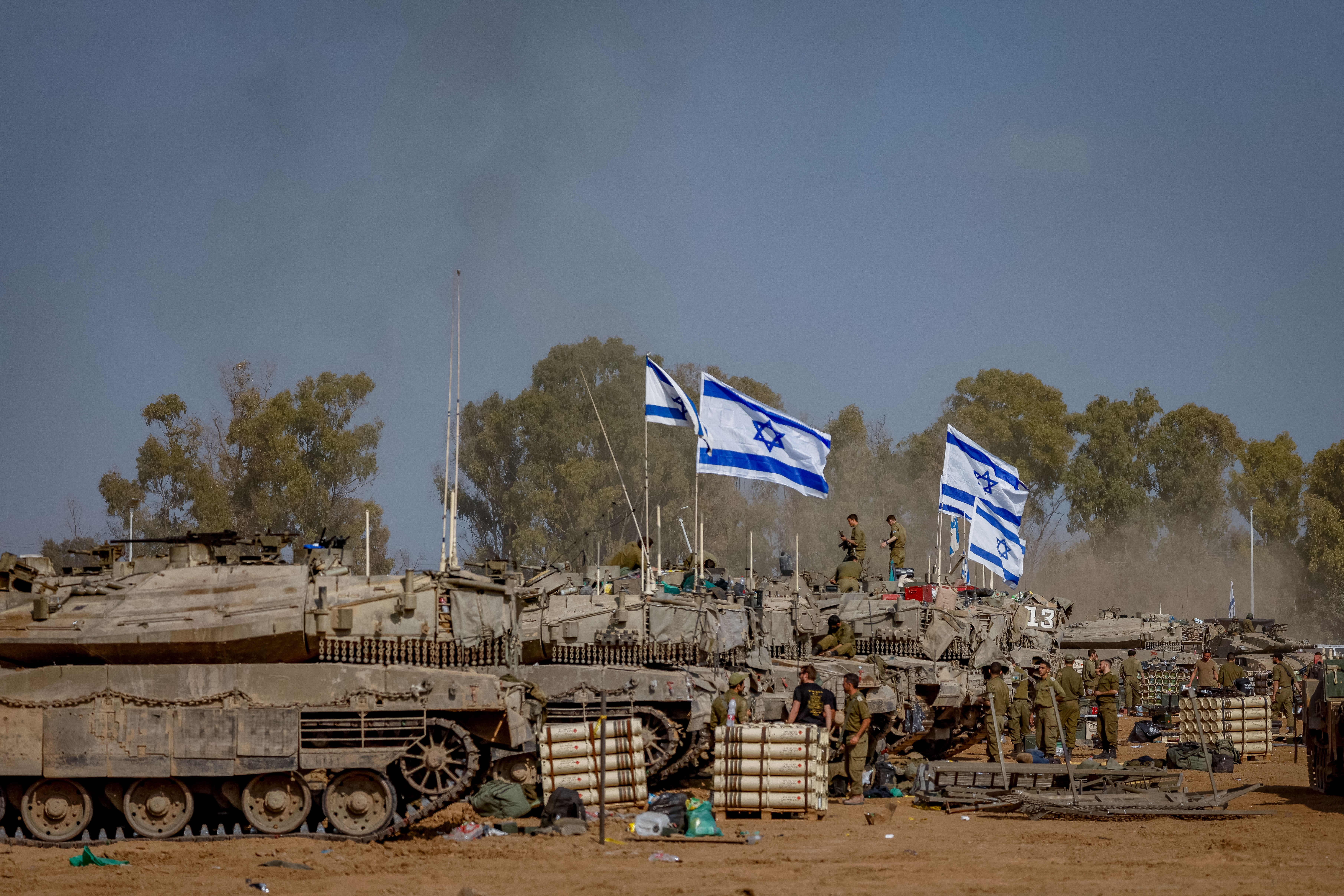
Most Israelis Oppose Meeting US Demands to Shift to New Phase of War
Written By: Prof. Tamar Hermann, Dr. Or Anabi
About two-thirds (66%) of Israelis say they do not think Israel should agree to US demands to shift to a phase of the war with a reduced heavy bombing in populous areas. 75% of Jewish Israelis oppose meeting the demands, compared to only 21% of Arab Israelis.
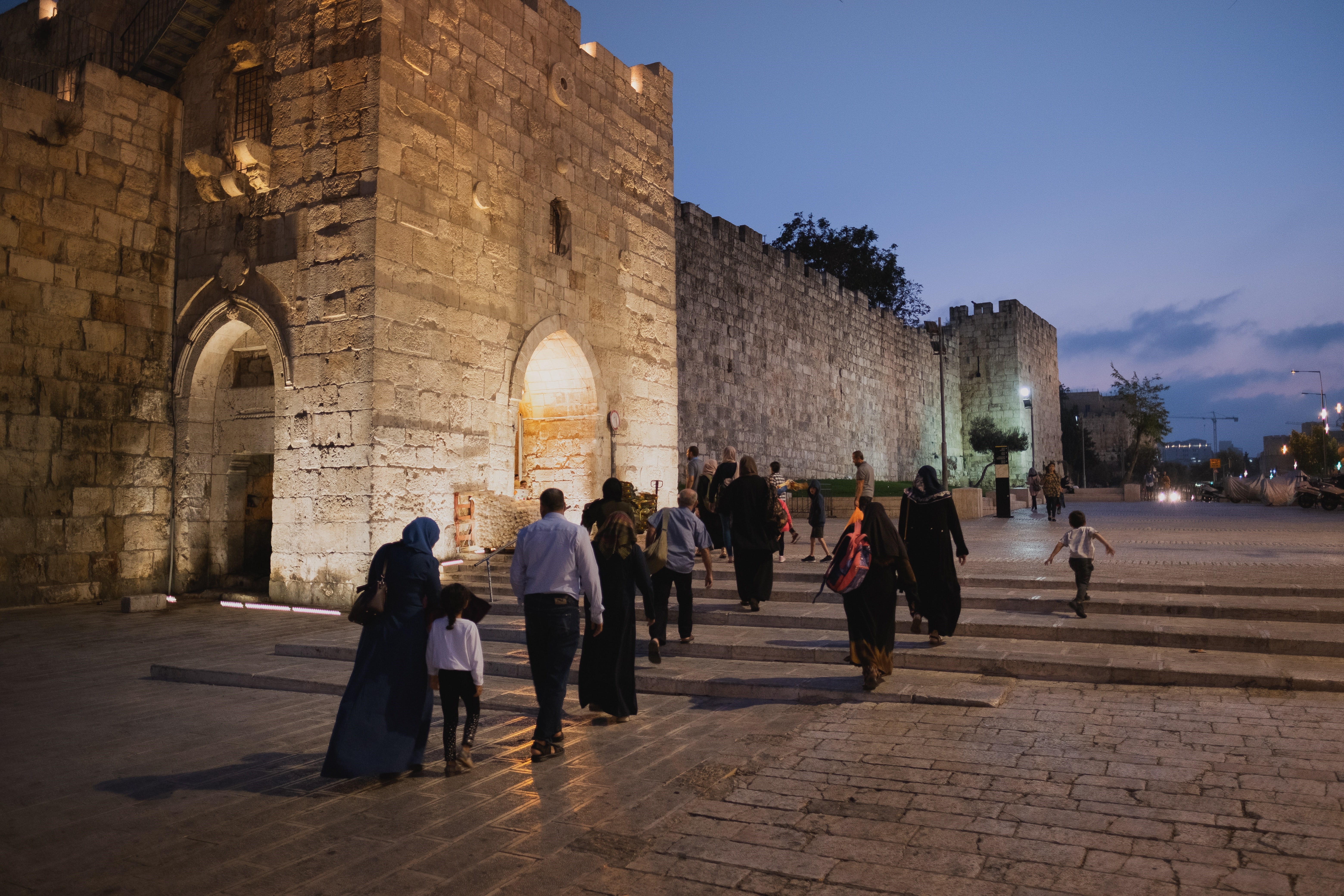
Most Arab Israelis: October 7 Attack Does Not Reflect Islamic, Palestinian, or Arab Society Values
Written By: Dr. Adam Asad, Yaron Kaplan
56% of all Arab Israelis say the attack by Hamas on October 7 does not reflect Arab society, the Palestinian people, and the Islamic nation. 33% say it does and 11% are unsure.
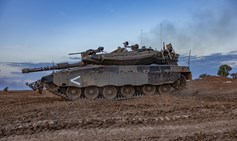
Even on the Right, Israelis Want Elections Immediately After the War
Written By: Prof. Tamar Hermann, Dr. Or Anabi
Two thirds of Israelis do not think that the government currently has a clear plan of action for the next day and the majority, even on the right, believe elections should be held as soon as the war ends. Even so, no significant movement is currently indicated between the political blocs.
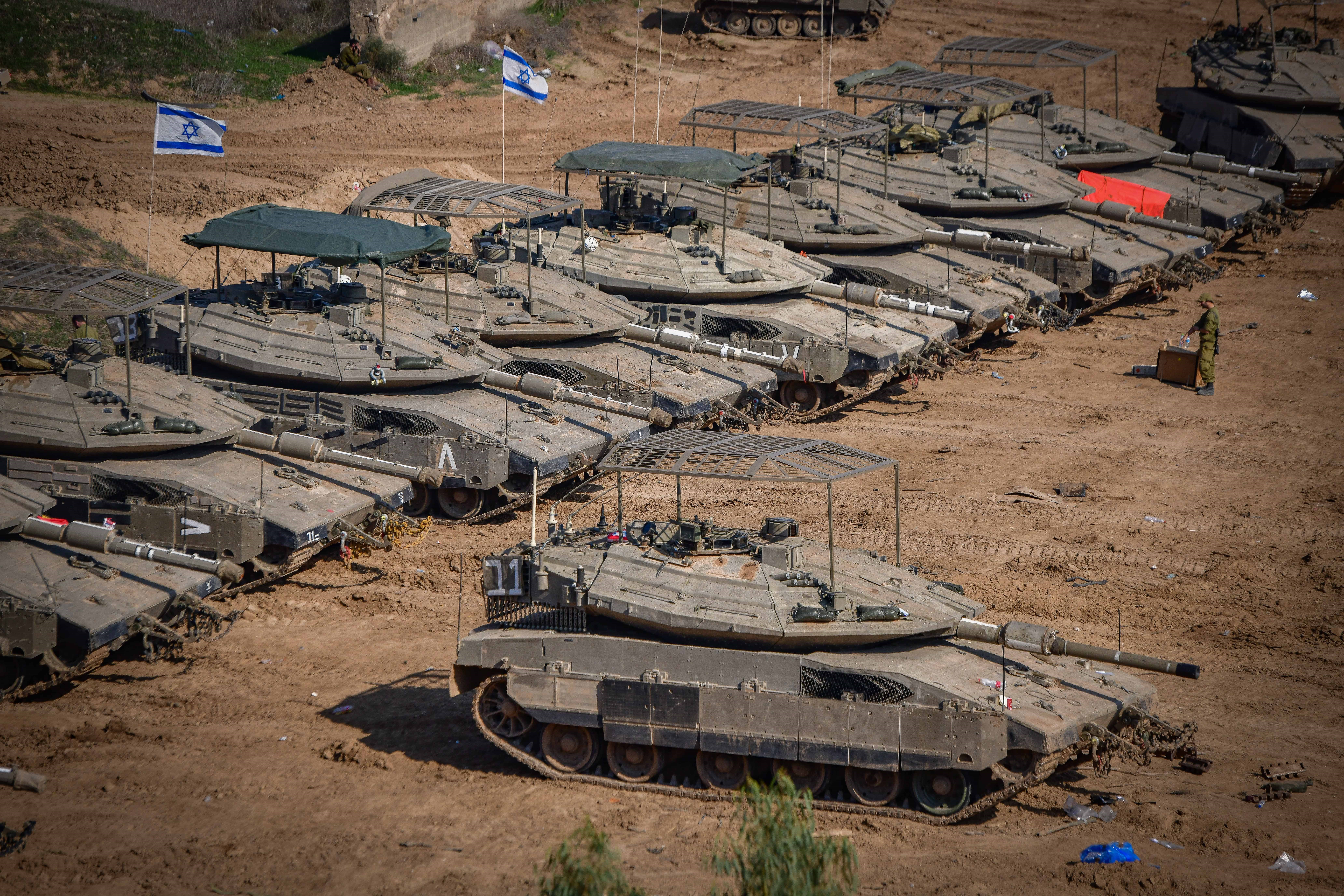
Israelis Sharply Divided on the Question of a Two-State Solution in Return for US Assistance
Written By: Prof. Tamar Hermann, Dr. Or Anabi
Among Jewish Israelis, 75% on the Left support making progress toward a two-state solution to the conflict in return for American assistance, compared to 45% in the Center and only 21% on the Right.
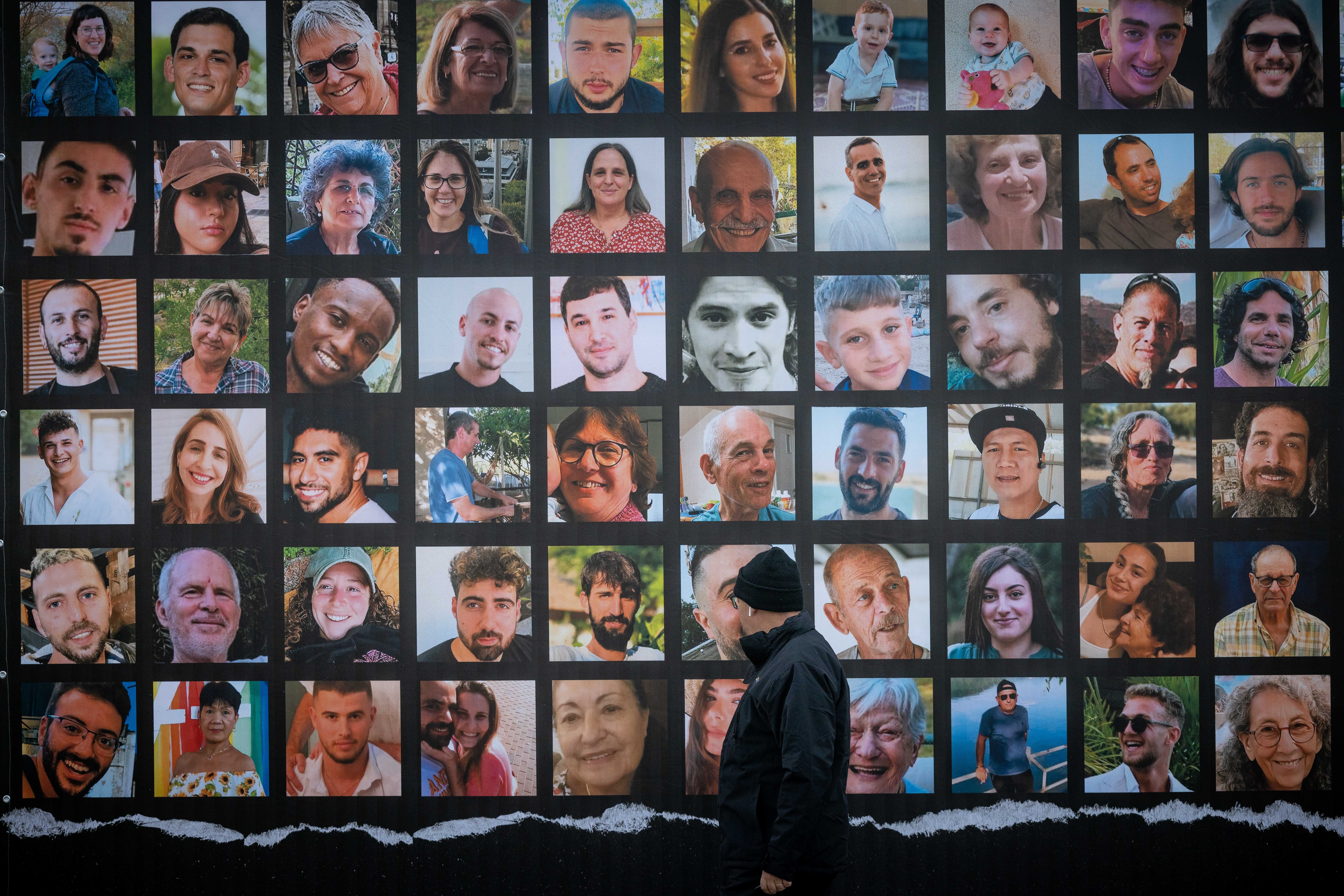
Overwhelming Majority of Jewish and Arab Israelis: The Release of all Hostages is a Goal of Importance
Written By: Prof. Tamar Hermann, Dr. Or Anabi
IDI's fifth War in Gaza survey finds that among Jewish Israelis, toppling Hamas and releasing the hostages are pivotal war-goals. The majority of respondents do not think that the government currently has a clear action for the day after the fighting ends, and there is rising support (56%) for an amendment to the Nation-State Law, to safeguard equality for non-Jewish citizens.
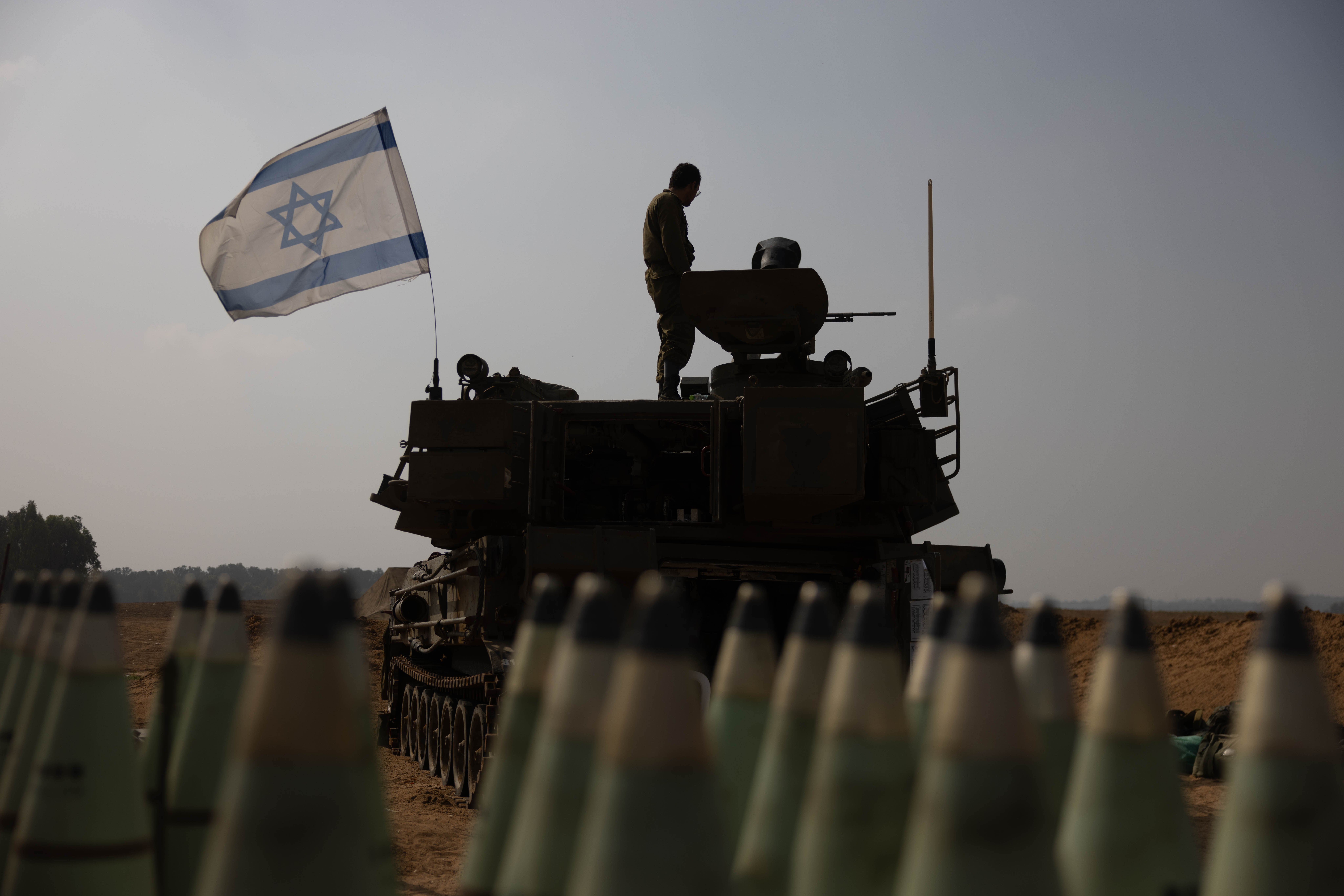
Flash Survey: Israelis support immediate negotiations to release the hostages while fighting continues
Written By: Prof. Tamar Hermann, Dr. Or Anabi
A majority of the Jewish public think the government's focus on the judicial overhaul had a critical impact on the timing of Hamas' Oct. 7th attack. Support for negotiations for the release of the hostages in Gaza has risen, but most think the fighting should not stop.
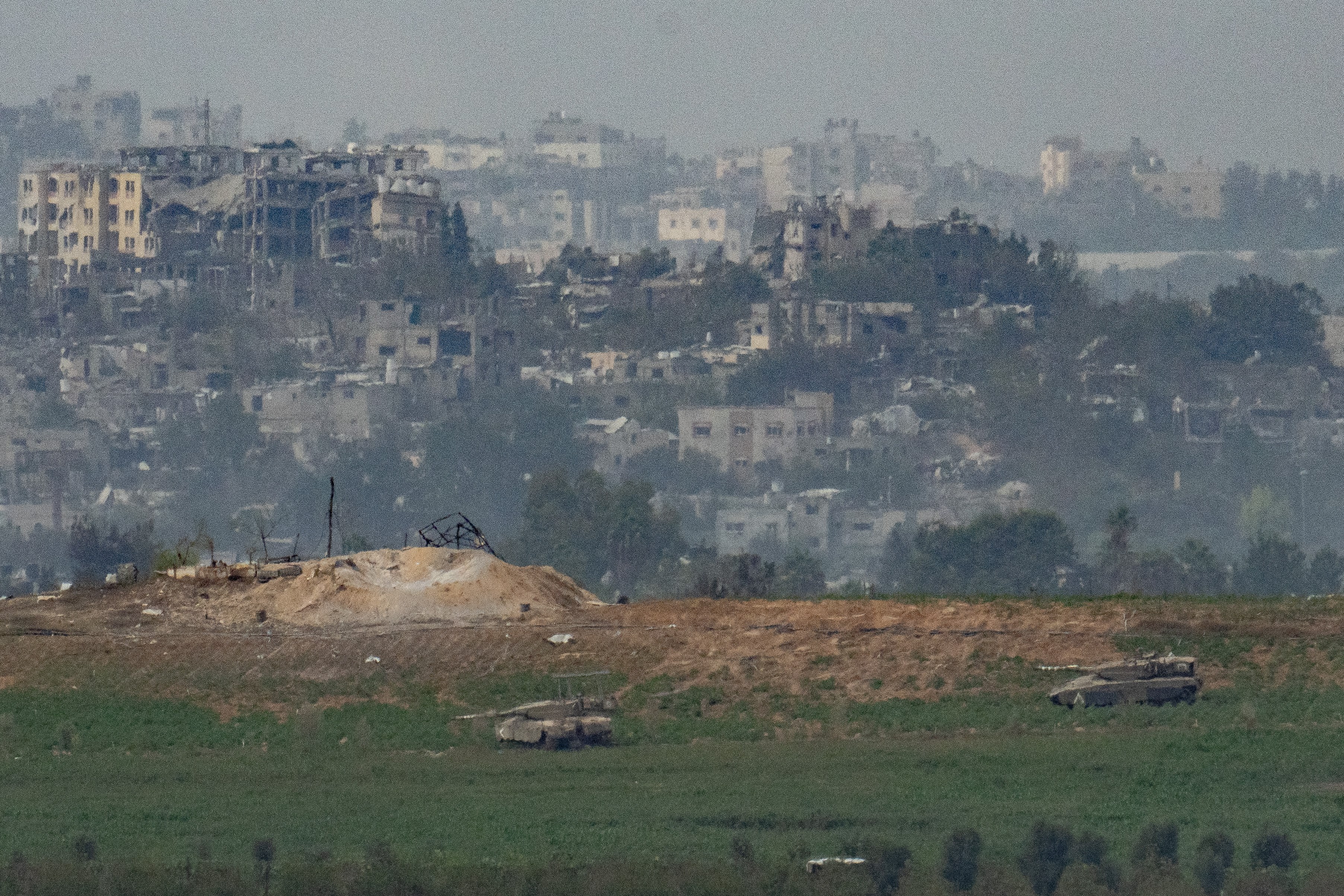
Most Israelis Prefer to Wait Until After the War to Designate Responsibility
Written By: Prof. Tamar Hermann, Dr. Or Anabi
The October 2023 edition of the Israeli Voice Index shows that a significant majority of Jewish Israelis trust the heads of the IDF over PM Netanyahu. If elections were to be held today, a majority of Israelis (55%) would vote for the same bloc they voted for in the last elections.
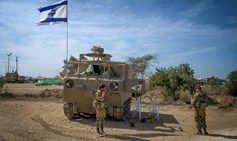
Flash Survey: More Israelis are optimistic about the country's future despite being at war
Written By: Prof. Tamar Hermann, Dr. Or Anabi
Despite being at war, more Israelis are optimistic about the future of the country than earlier this year, yet most Israelis (64%) fear for their physical safety or that of their immediate family members.
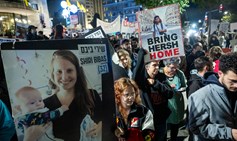
A Majority of Jewish Israelis See a Hostage Deal as a Higher National Priority Than Military Action in Rafah
Written By: Prof. Tamar Hermann, Dr. Lior Yohanani, Yaron Kaplan
A new survey by the Israel Democracy Institute's Viterbi Center for Public Opinion examined what should be the highest priority in terms of Israeli national interest: military action in Rafah or a deal to release the hostages held by Hamas.

